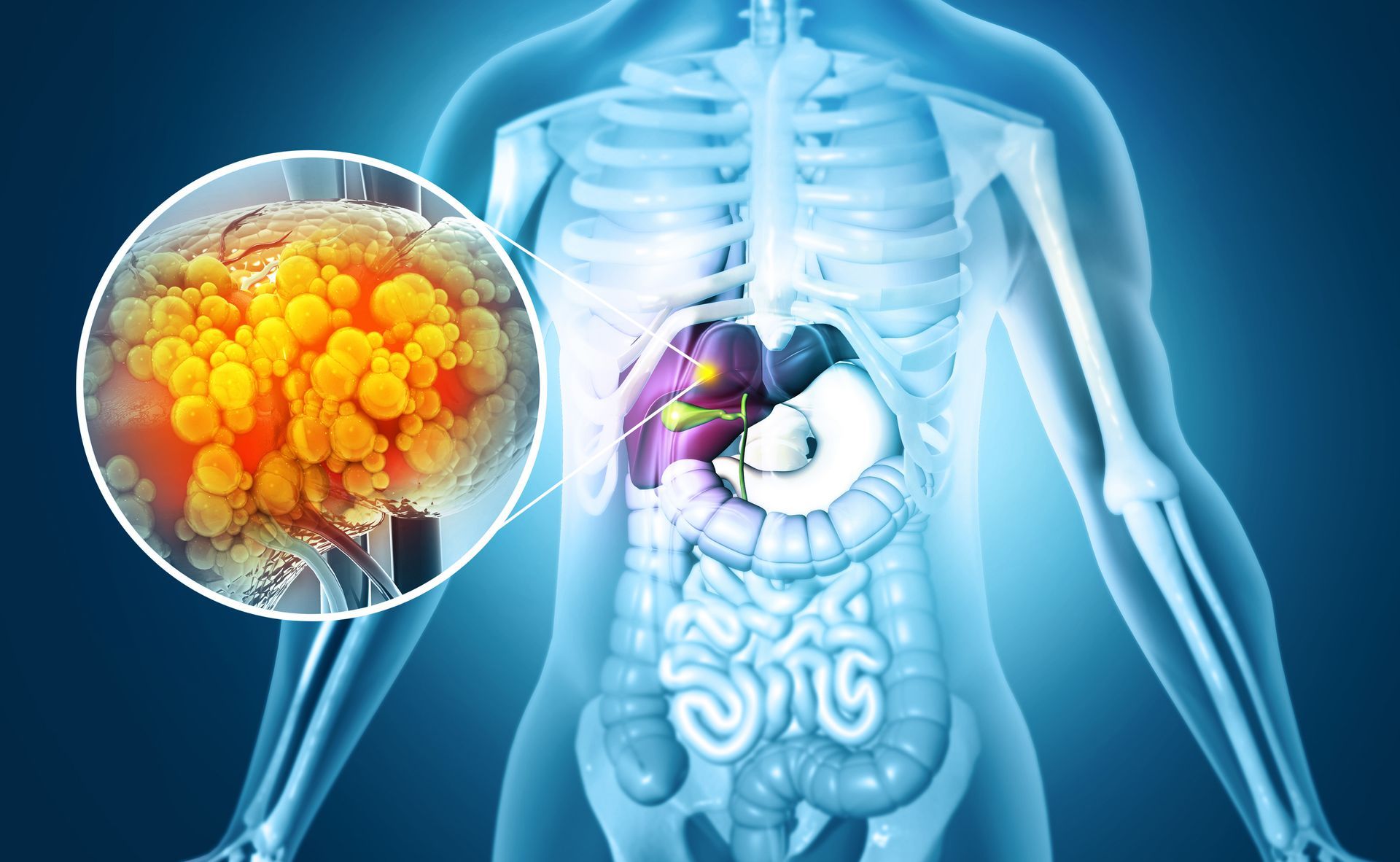Understanding the Signs, Symptoms, and Treatment Options for Diverticulitis
Diverticulitis is a digestive condition that can cause significant discomfort and, in severe cases, lead to digestive tract complications, mainly affecting the colon or large intestine. As we age, changes in our digestive tract can lead to the formation of small pouches in the lining of the digestive system, known as diverticula. Diverticula often form due to constipation, when weak spots in the colon succumb to the pressure and strain of difficult bowel movements. These pouches, or diverticulosis, are commonly seen in people after age 40. While the presence of diverticula is typically harmless, when these pouches protruding from the colon walls tear, they can become inflamed or infected, leading to Diverticulitis.
What are the Signs and Symptoms of Diverticulitis?
- Abdominal pain and tenderness are the most common symptoms of Diverticulitis, often occurring in the lower left side of your abdomen. Pain may range from mild to severe and may come on suddenly or develop gradually
- Fever can occur when the diverticula pouches become infected or inflamed
- Nausea and Vomiting may be present due to severe pain or infection
- Changes in Bowel movements leading to constipation, or less frequently diarrhea
What are some Risk Factors for Developing Diverticulitis?
- Age, particularly in persons over the age of 40
- Smoking
- Obesity or being overweight
- Diets low in fiber and high in animal fats, processed foods, or sugar
- Overuse of Anti-Inflammatory medications or Prescriptions such as Opioids and steroids
- Lack of physical activity or regular exercise
How can you lower your risk of Diverticulitis?
Once diverticula form in your digestive tract, they do not go away. However, you can take steps to lower the risk of developing Diverticulitis. Eat a balanced diet for diverticulitis that is high in fiber, incorporating fresh fruits, vegetables, and grains into your meals to regulate your digestive tract. Drink plenty of fluids, as staying hydrated will increase the effects of a higher fiber diet. Incorporate regular exercise or activity into your routine to foster normal bowel function. Manage stress and avoid smoking.
How do you treat Diverticulitis?
Conservative measures to treat mild cases of Diverticulitis often begin with modifications in your diet, adding in additional fiber to assist with digestive regularity. Antibiotics may be given to treat infection. Your physician may also suggest a temporary liquid diet to give your colon time to heal.
Recurring diverticulitis flare-ups or severe complications may require surgery to remove the infected area from your digestive tract or address abscesses, perforations, or strictures in your large intestine.
If you have any risk factors associated with Diverticulitis and are experiencing symptoms, it may be time to see a gastroenterologist for a diagnosis and treatment options. Our experienced staff at Digestive Diseases Center can diagnose your condition and recommend a unique treatment plan for you. Don't delay seeking treatment; schedule an appointment with one of our specialists today.
CONTACT
850-763-5409
ADDRESSES
4 LOCATIONS
204 E 19th Street, B, Panama City
12216 Panama City Beach Pkwy, D, Panama City Beach
4295 3rd Ave, Marianna
101 Good Morning St., 109B, Port St. Joe
Subscribe to our newsletter:
subscribe to our newsletter
We will get back to you as soon as possible.
Please try again later.



